Leaked files reveal Britain’s ambulances aided terrorists in war-torn Syria
By Kit Klarenberg
On February 6, Syria and Turkey were rocked by devastating back-to-back earthquakes. Ever since, people in these countries and the region have been subjected to a particularly merciless - yet illuminating - crash course in Western double standards on humanitarian aid.
While aid and assistance have flowed into Istanbul and Damascus from all neighbors, initially many governments were reticent to dispatch anything at all to Syria, because US and EU sanctions made it illegal for planes to land in its airports.
It meant that those eager to provide humanitarian assistance could not dispatch it, for fear of dire repercussions. Such concerns were well-founded. Washington enforces sanctions with an iron fist, and any individual or state breaching them faces severe penalties.
Giving in to intense global public pressure, the US Treasury on February 10 enacted a 180-day waiver on certain sanctions imposed on Syria, to allow for vital earthquake relief to reach the country.
Still, neither Washington nor its constellation of international allies has provided any meaningful assistance to Damascus whatsoever, despite the death toll in the country grimly ratcheting daily.
Meanwhile, Israeli regime officials expressed the readiness to bomb Iranian aid deliveries arriving by land. And, in the end, they ended up bombing the people still recovering from the shock of a colossal human tragedy.
Complicating matters further, terrorist groups that still occupy portions of Syrian territories, such as Hayat Tahrir al-Sham (HTS) in the northwest, are blocking the government’s attempts to distribute provisions, a spokesperson for HTS in Idlib telling Reuters no shipments would be permitted to pass its checkpoints, on the basis, “we won’t allow the regime to take advantage of the situation to show they are helping.”
These pockets crisscross the country, an enduring and shameful legacy of the West’s failed decade-long dirty war against Damascus.
Almost never acknowledged by the mainstream media, their continued presence is particularly relevant to consider now, for they are relics of a time when the Western world was only too eager to invest vast sums to flood Syria with medical aid, albeit in service of "regime change".
Healthcare as psychological warfare
In August 2016, a remarkable and never-before-disclosed covert British intelligence operation began near Amman, Jordan.
At a secret training site operated by London and Washington, British Foreign Office contractor Torchlight - which this journalist has repeatedly exposed for assisting Britain’s infiltration of security and spying agencies across West Asia - extensively tutored violent groups funded and armed by the spy agencies CIA and MI6 in providing medical assistance to terrorists and mercenaries.
Dubbed “MAO CASEVAC” (Moderate Armed Opposition Casualty Evacuation), the program ran the gamut from practical training for paramedics to the provision of multiple ambulances purchased from Qatar, advanced medical technology, elaborate communications systems to ensure the safe and timely transfer of injured “rebels” from the frontline, and the creation and maintenance of dedicated facilities to treat the wounded, at a cost of millions.
Internal documents related to the effort note that at the time it was launched, injured fighters relied “on inadequately prepared and supported self-help at the point of injury, followed by ad hoc systems and capabilities to evacuate and treat them in a hostile and austere environment,” with an overwhelming reliance on civilian hospitals and healthcare infrastructure.
Moreover, CIA and MI6-supported terrorist groups lacked “dedicated doctors”, and medical professionals locally, while willing to treat anyone whatever their ailments, remained “keen to maintain their independence” lest they be accused of serving as in-house doctors for armed actors.
These practitioners even lacked high-tech equipment such as scanners for detecting internal bleeding, and access to resources such as blood products.
So it was Torchlight that set about training 200 opposition actors every year for three years in all conceivable medical disciplines and equipping them accordingly.
While London was careful not to publicize the initiative’s existence in any way, its results were intended to be broadcast widely locally and internationally - for MAO CASEVAC’s objectives were as practical as they were psychological.
It was hoped that on top of saving lives and protecting the welfare of terrorists, their “morale and motivation” would all “be enhanced”, while “purpose, ethos and culture” would be instilled in them:
“If the MAO is able to provide this support then fighters will have greater confidence that they can be provided for in case of injury. Consequently, this will improve motivation, a sense of welfare, and the credibility of MAO troops, as well as reduce battlefield losses. This will add credibility to the MAO.”
As such, MAO CASEVAC was but one component of Britain’s wide-ranging information warfare campaign throughout the Syrian dirty war, designed to destabilize the democratically-elected government of Bashar al-Assad, while rebranding the murderous militant groups rampaging across the country as a “moderate” alternative. Its founding documents make these objectives very clear.
Noting that the British government sought to “foster a negotiated political transition” in Syria, these papers openly state that MAO CASEVAC’s aim was to “generate pressure” on the Assad government.
This was predicated on the notion that “regime change” required “an empowered opposition on the ground,” capable of convincing locals, Western citizens and international bodies that they were courageous freedom fighters on a righteous mission, rather than a ragtag bunch of crazed fundamentalists complicit in countless hideous atrocities, wholly dependent on foreign backing to survive in every way.
Of course, if the opposition could demonstrate to the world they were highly skilled in saving lives, which would go some way to cementing the perception of a professional, humanitarian-orientated force.
This was precisely the rationale behind the creation of the White Helmets - a terrorist group masquerading as a civil defense force - by the British intelligence agency.
‘Risk of ricochet’
Another indication of MAO CASEVAC’s darker nature is provided in Torchlight documents on risks related to its operation.
The training area in Jordan, provided to the company by British intelligence “at no cost to the project,” offered “accommodation, ablution, dining, classrooms, driving tracks, outside rural environment areas, and open space for equipment storage.”
However, the milieu was far from idyllic - medics would be trained alongside opposition fighters learning the art of killing, including the use of AK47s and other weaponry. The proximity between the two programs was such, Torchlight repeatedly warned of the “physical security risk” posed to their students by the site’s dual purpose:
“Another training conducted on the site involves live firing. Consequently, third-party personnel are in possession of weapons and live ammunition on the camp in addition to the Jordanian Security Personnel on site. Risk of ricocheting from the live firing ranges onto the driving range and wider area behind. There is likely to be an overlap of live firing and driving courses [emphasis added].”
If that wasn’t enough, Torchlight also forecast the threat of a “disaffected student” or Jordanian security operative “in possession of a weapon and ammunition” carrying out an armed attack on its staff and trainees to be “high” risk.
Absent was any consideration of students joining the al-Nusra Front and Daesh Takfiri group, and equipment being one way or another appropriated by these terrorist groups, although such considerations are writ large in leaked Foreign Office risk assessments of the fighter training program, which was likewise overseen by British intelligence cutouts.
However, the UK Foreign Office, which funded the program to the tune of $21 million over the same timeframe as MAO CASEVAC, with up to 600 fighters trained annually as a result, was intensely relaxed about those prospects. Any loss of equipment was to be “tolerated” to “a reasonable degree.”
The same was true of AJACS, a controversial British intelligence “aid” project that created the Free Syrian Police, which was run in coordination with Nour al-Din al-Zinki, a CIA-backed entity linked to heinous crimes against humanity, including the videotaped beheading of a Palestinian teenager in 2016.
The implementing contractor of that effort, the notorious Adam Smith International, simply didn’t consider it “cost-effective” to prevent their participation.
All of this begs the question of whether the real objective behind MAO CASEVAC and other interrelated British intelligence operations was to insidiously bolster and equip the most violent, deranged elements on the ground in Syria.
At the very least, it’s evident that whatever anxieties London may harbor today about humanitarian aid making its way to earthquake-hit Syria, an enemy state in dire need of respite, hasn’t historically applied to terrorist groups that further its interests in the country.
This may explain why they remain active there so long after the dirty war theoretically ended.
Kit Klarenberg is an investigative journalist and MintPresss News contributor exploring the role of intelligence services in shaping politics and perceptions.
(The views expressed in this article are the author's own and do not necessarily reflect those of Press TV.)
ICC issues arrest warrants for Israel's Benjamin Netanyahu, Yoav Gallant
Israeli strikes kill 88 Palestinians in northern Gaza
American voters plainly rejected complicity in Gaza genocide: Iran FM spox
ICC should issue more arrest warrants for Israeli authorities over Gaza genocide: UN expert
Israel using AI weapons co-produced by India in Gaza genocide: Report
Israel issues new evacuation orders, shortly launches strikes on southern Lebanon
VIDEO | Press TV's news headlines
From Iraq to Gaza: The great disconnect between British people and rulers


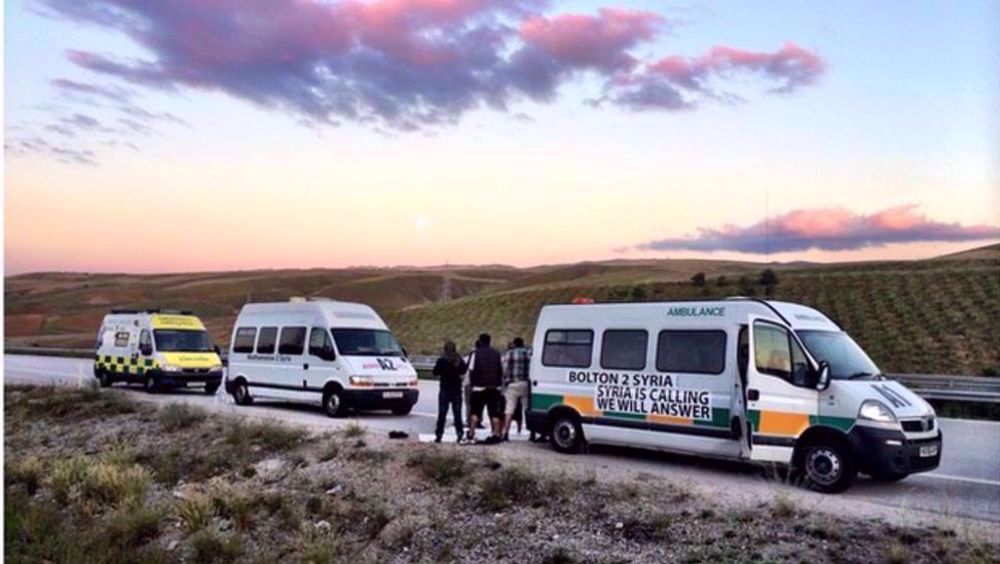
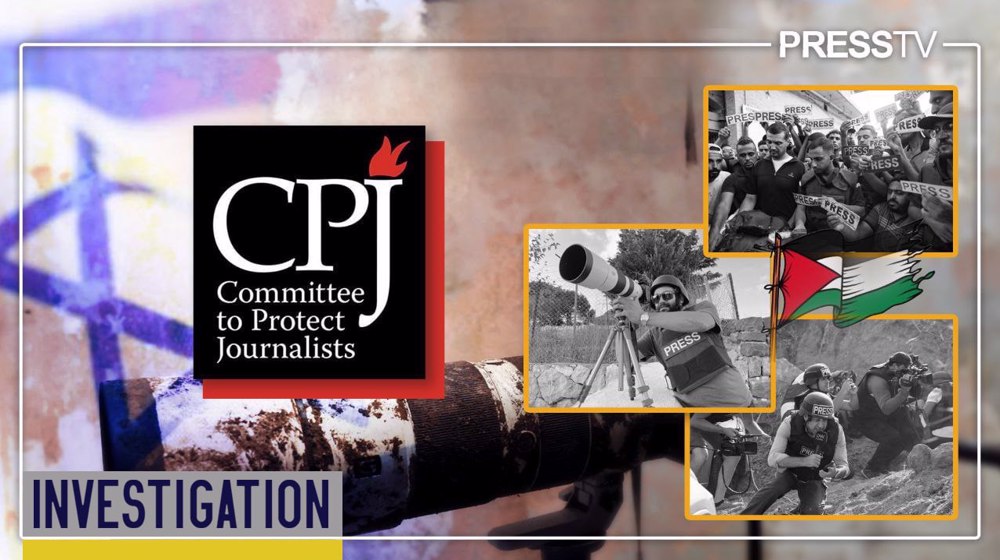
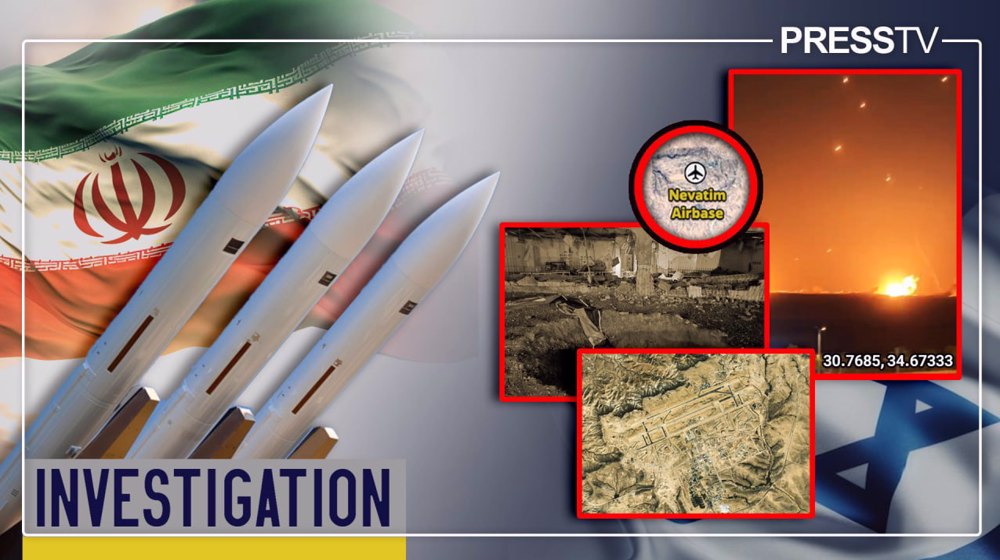
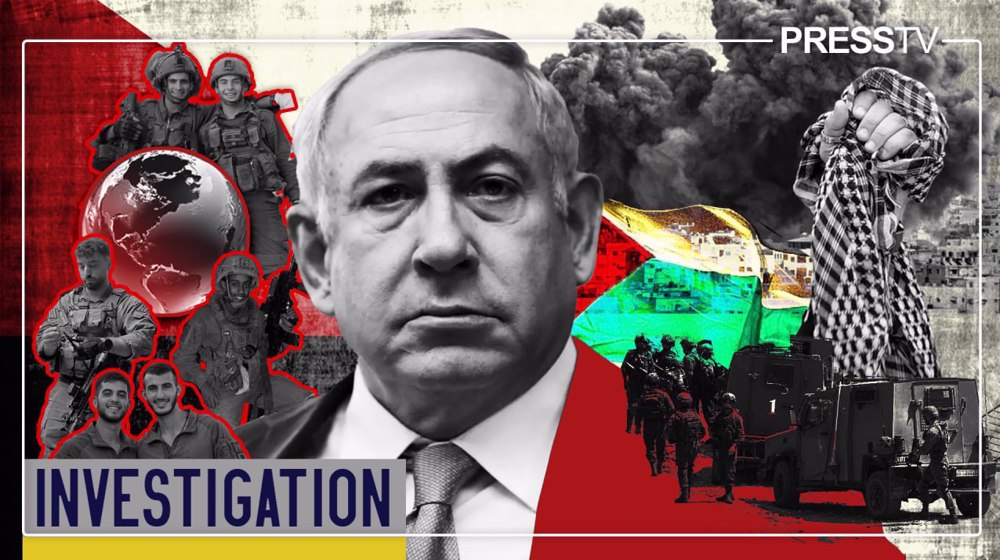



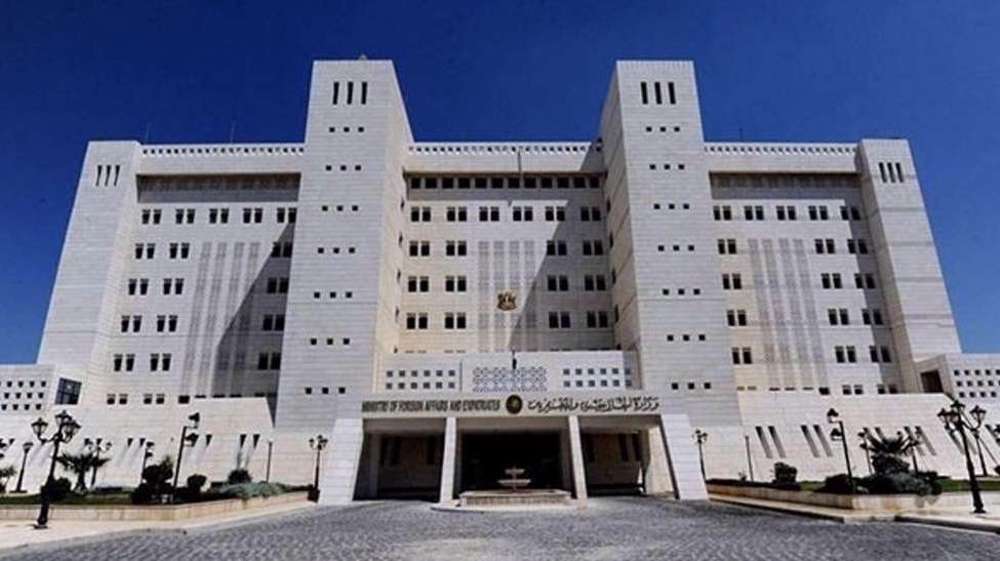
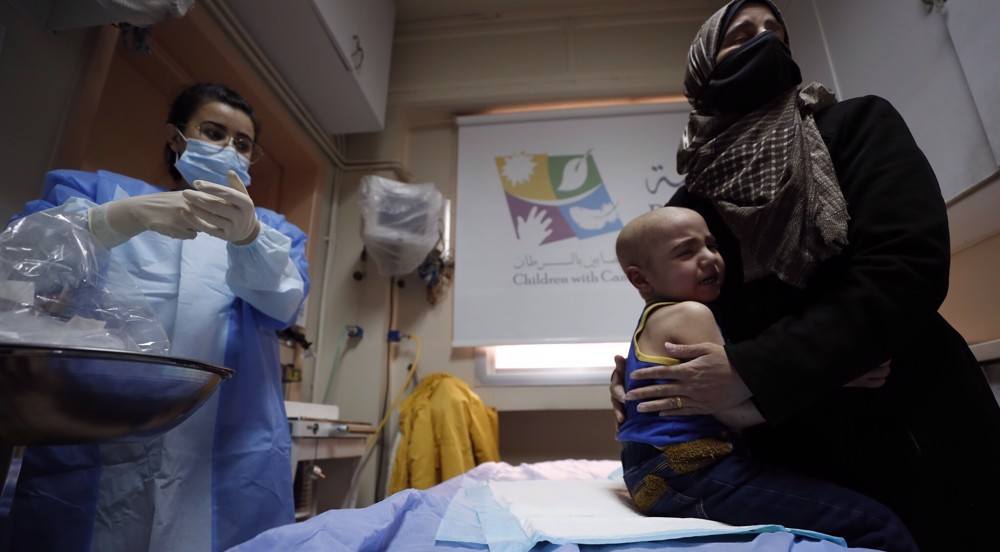
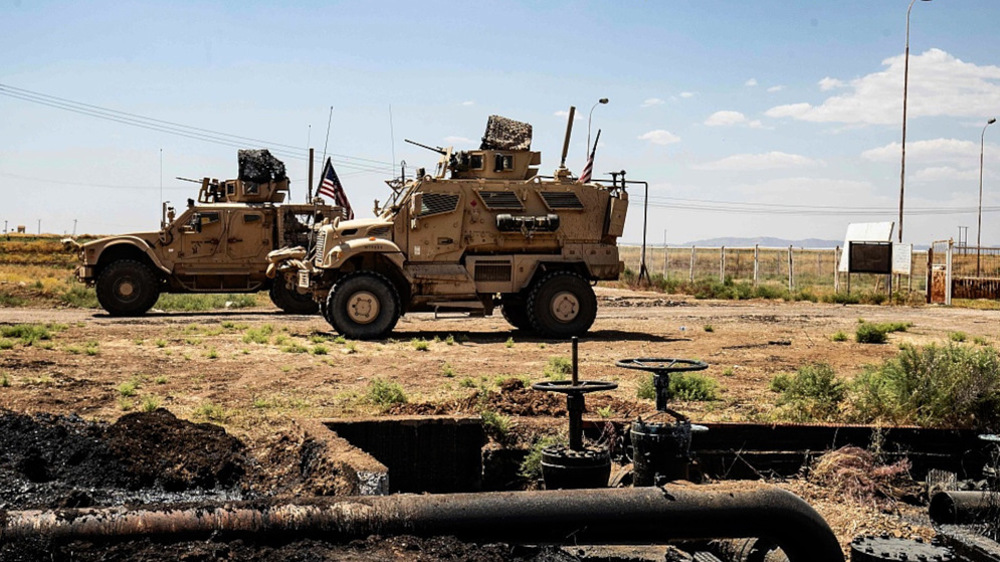
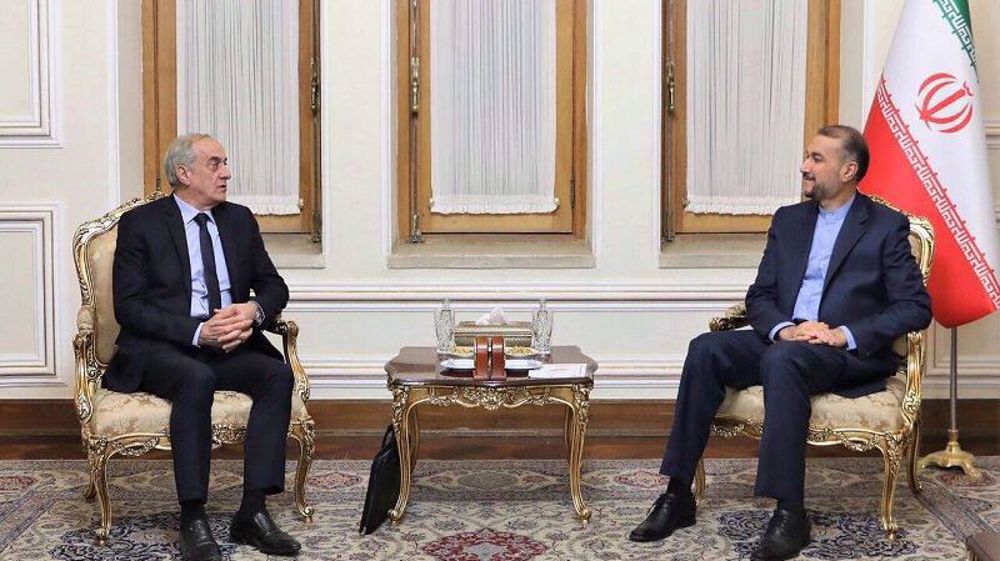
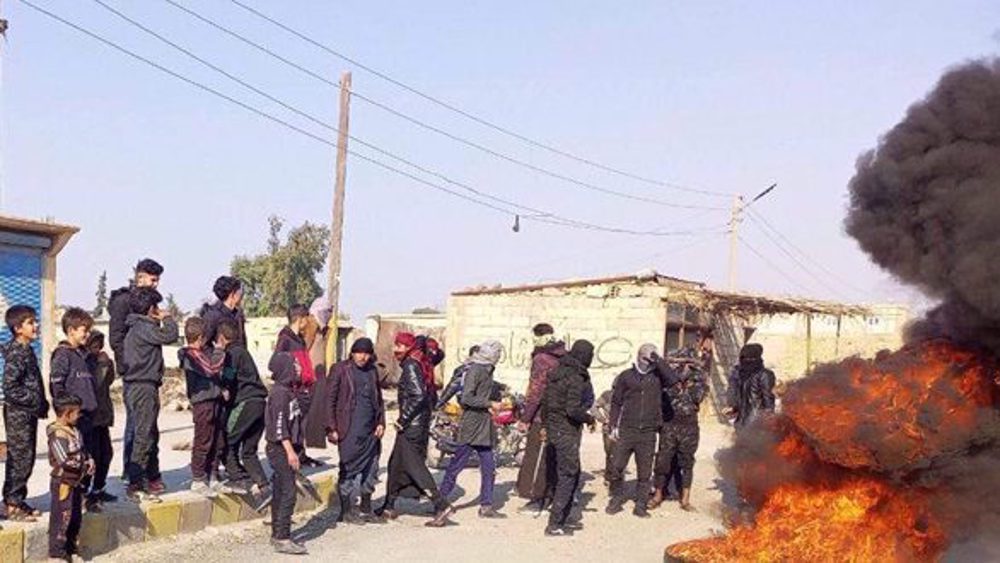

 This makes it easy to access the Press TV website
This makes it easy to access the Press TV website